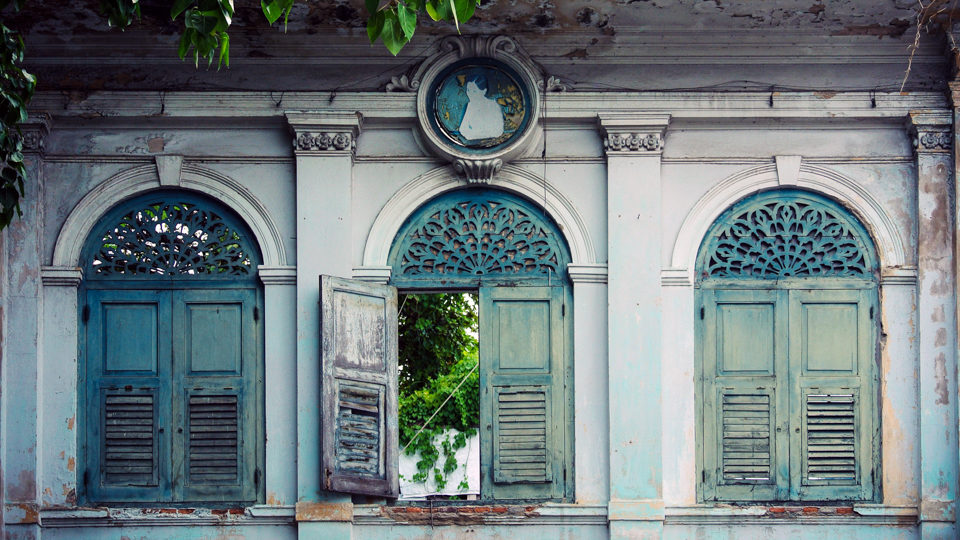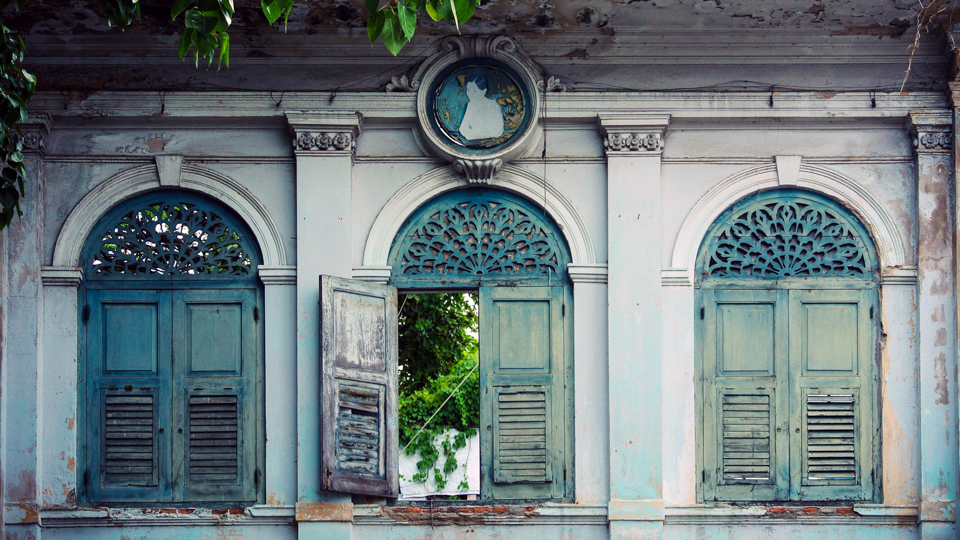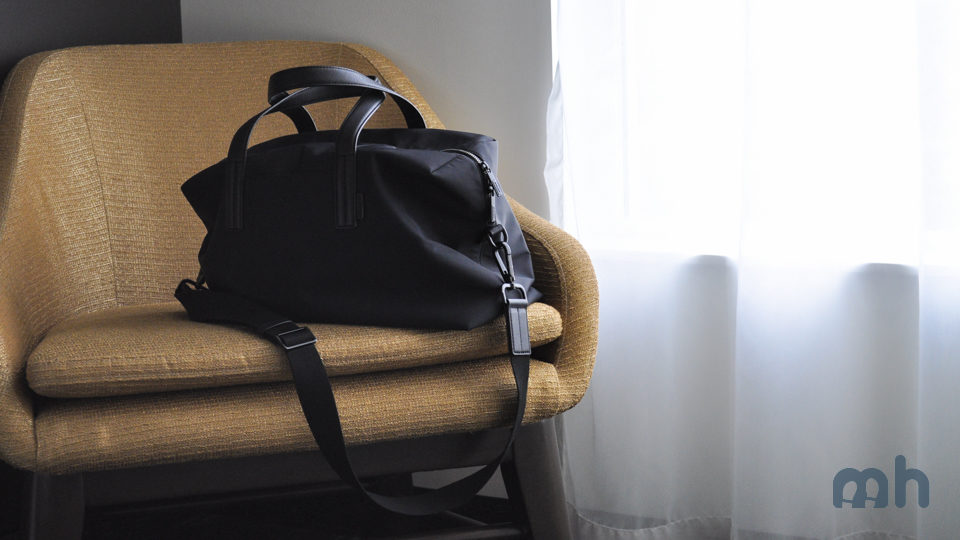
It's the one lie I always believed about consulates and embassies: These properties essentially acted as foreign soil of their respective countries.
Regardless, here always seem to be some kind of mythic status embroiled around embassies and consulates, most likely because of their international standing, and the fact that they are used to host foreign dignitaries. The Vienna Convention on Diplomatic Relations passed in 1961 dictates that while these properties are granted diplomatic immunity, they are not technically foreign soil or have foreign sovereignty.
Basically, applying for that Chinese visa at the embassy does not mean you have officially gone to China. The one thing it does mean, is if Chinese authorities chose to detain an Interpol head at a consulate on U.S. soil, they are within their means to do so.
(Even if it would undeniably create a political situation, much like the recent death of Saudi journalist Jamal Khashoggi in Istanbul.)
On a much lighter note, this misunderstanding has created some truly bizarre events over the years. In one particular case, a Kenyan woman gave birth in a U.S. embassy bathroom, likely on purpose. She later proclaimed that her son was "born on U.S. soil" and was now afforded the full rights as an American citizen. (Randomly, there is also this great clip of Mexicans cheering and rushing the South Korean embassy during the World Cup!)
Embassies are really just more than ridiculously cool buildings on tree-lined streets. The former American embassy off Tiananmen Square had such epic status that it was lauded as the place responsible for Nixon's historic visit to China in 1972 (not true), and later converted into a restaurant by Michelin chef Daniel Boulud (which failed later).
Sorry, we wished the answer would be neater, as it would be a much quicker way to visit all the countries in the world!

The American Embassy in Seoul. (Expert Infantry / Flickr)
Vienna Convention on Diplomatic Relations (1961)
Article 21
- The receiving State shall either facilitate the acquisition on its territory, in accordance with its laws, by the sending State of premises necessary for its mission or assist the latter in obtaining accommodation in some other way.
- It shall also, where necessary, assist missions in obtaining suitable accommodation for their members.
Article 22
- The premises of the mission shall be inviolable. The agents of the receiving State may not enter them, except with the consent of the head of the mission.
- The receiving State is under a special duty to take all appropriate steps to protect the premises of the mission against any intrusion or damage and to prevent any disturbance of the peace of the mission or impairment of its dignity.
- The premises of the mission, their furnishings and other property thereon and the means of transport of the mission shall be immune from search, requisition, attachment or execution.
Article 23
- The sending State and the head of the mission shall be exempt from all national, regional or municipal dues and taxes in respect of the premises of the mission, whether owned or leased, other than such as represent payment for specific services rendered.
- The exemption from taxation referred to in this article shall not apply to such dues and taxes payable under the law of the receiving State by persons contracting with the sending State or the head of the mission.
Article 24
- The archives and documents of the mission shall be inviolable at any time and wherever they may be.




